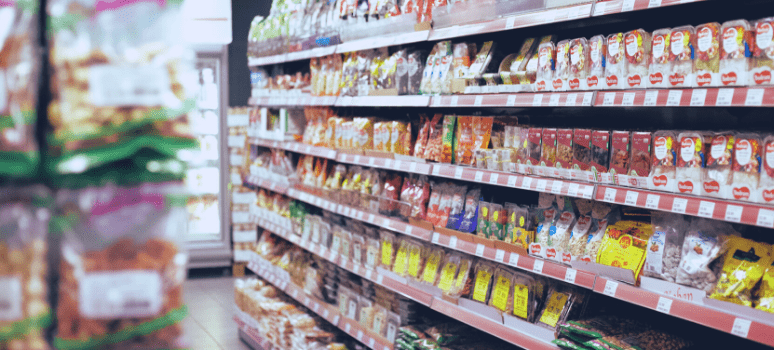
Are you worried about what you eat? If you're a person who cares about your diet, you've probably heard of sulphites. Although they are not considered harmful to health in authorised quantities, they can affect us.
Sulphites are present in most of the packaged foods we eat. They help preserve food by preventing the oxidation of oils and fats, maintain their colour and even encourage the growth of bacteria.
Sulphites are additives sulphur derivatives, which are added as preservatives to a wide range of foods and beverages such as wine. The European Union has recognised 8 types of sulphites in food, which are known by a combination of a number and a letter, between E220 and E228. In this way they are easily identifiable on the labels of the food we buy every day.
But sulphites are not only additives; there are foods that generate them themselves in a natural fermentation process. However, the concentration is usually low, so chemical additives are often added for preservation purposes.
Sulphites added to foodstuffs are mainly intended to prevent the growth of bacteria that can damage them. In addition, they also help to preserve their colour, and to whiten starches. It should also be noted that, thanks to their chemical composition, they are able to reduce the risk of oxidation in oils and fatty products.
In day-to-day shopping, sulphites can be found in wines and musts to prevent yeast and spoilage bacteria from developing. They are also used in sauces and products prepared for the same purpose. In addition, the prepared meat productsThe use of these substances in sausages, such as sausages, ensures that they are preserved and maintain their colour.
In fact, sulphites play an important role in maintaining the colour of food and making it more attractive The use of these products can be a problem for consumers, such as in the case of crustaceans (which become very dark) and dried fruits.
How can sulphites affect your health?
The use of sulphites is often questioned because it is considered that they can be harmful to health. For health authorities, all additives added to food must be, by definition, harmless, and furthermore, legislation determines the permitted amount of their use, always below the levels that may present a problem.
In any case, care should be taken with these substances as they may cause allergic or allergic reactions intolerance when taking this type of additives. For this reason, foodstuffs containing more than 10 mg/kg should be marked on the packaging to warn of a possible reaction.
In addition, caution must be exercised as sulphites interfere with the assimilation of other substances. For example, they may not be added to products containing a large amount of vitamin B1They break it down and therefore prevent it from being properly assimilated in the body.
On the other hand, in the case of foods high in vitamin CThe use of such additives helps to conserve this nutrient. It is therefore a good thing.
From the perspective of biological medicine, fresh and unprocessed food is the best food proposition. In fact, in the Biosalud method nutrition is an important part of the treatment that our patients undertake to follow at home. Our recommendation is always to eat organic food, free of sugars and additives.
On the other hand, the diagnosis and treatment of food allergies and intolerancesis a speciality We have studied this area in depth with good results and consider it relevant to analyse, as an increasing number of people are affected by these pathologies, which reveal failures in the immune system.
Food regulation to maintain quantities of sulphites
The Spanish Agency for Food Safety and Nutrition establishes, by regulation, which foods may legally contain sulphites and other additives and regulates the quantity of their application.
The European Regulation 1169-2011 establishes the 14 additives that are mandatory to be notified on food labels as they may have an allergenic potential. In this list, sulphites are included in quantities of more than 10 mg/kg or 10 mg/L.

